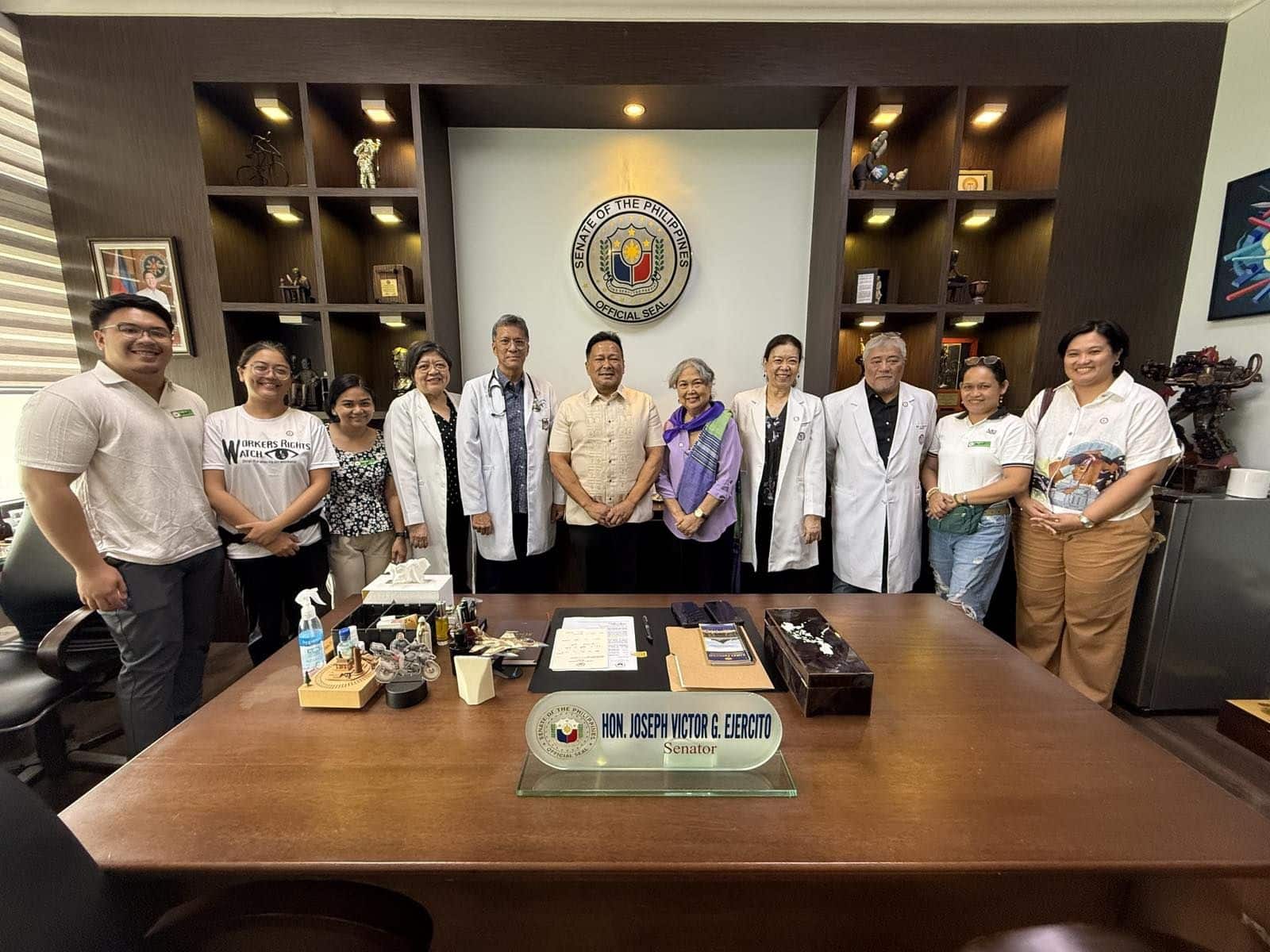NIH Funding Cuts Spark Senator Outrage and Threaten US Health Research - A Critical Hearing

Washington D.C. – A tense hearing on Capitol Hill saw US Senators fiercely questioning National Institutes of Health (NIH) Director Dr. Jayanta Bhattacharya over proposed funding cuts that could severely impact American health research. The grilling came just a day after a remarkable display of dissent within the NIH itself, with over 300 staff members issuing a strongly worded letter to Dr. Bhattacharya protesting the potential cancellation of thousands of vital research projects.
The proposed cuts, part of a broader debate over federal spending, have ignited a firestorm of concern among scientists, patient advocacy groups, and now, powerful members of Congress. Senators expressed deep reservations about the potential consequences, warning that curtailing NIH funding would jeopardize breakthroughs in treating diseases like cancer, Alzheimer's, and heart disease, and potentially hinder the nation’s response to future public health emergencies.
A Staff Rebellion: The Letter Reveals Deep Anxiety
The senators' concerns were amplified by the unprecedented outpouring of protest from within the NIH. The letter, circulated widely among scientific circles, detailed the devastating impact the cuts would have on ongoing research, potentially leading to the loss of jobs, the abandonment of promising studies, and a significant setback for scientific progress. The staff members argued that the proposed cancellations were short-sighted and would ultimately harm the health and well-being of Americans.
“These cuts are not just about numbers on a spreadsheet; they are about people’s lives,” stated Senator [Insert Senator's Name Here, if known], during the hearing. “We cannot afford to compromise the health of our nation by slashing funding for critical research.”
Bhattacharya Defends the Cuts, Faces Tough Questions
Dr. Bhattacharya defended the proposed cuts, citing the need for fiscal responsibility and a reassessment of research priorities. However, he faced a barrage of challenging questions from senators who pressed him on the specific impact of the cuts and the potential for alternative solutions. He struggled to reassure lawmakers that the changes would not cripple vital research efforts.
The hearing highlighted a fundamental disagreement about the role of government funding in scientific research. While some argue for tighter spending controls, others maintain that robust investment in research is essential for economic growth, national security, and the improvement of public health.
The Future of NIH Funding: What’s at Stake?
The outcome of this debate remains uncertain. The proposed cuts are still subject to Congressional approval, and the intense scrutiny they have received suggests that significant changes may be necessary. However, the hearing served as a stark reminder of the critical role the NIH plays in advancing medical knowledge and improving the lives of millions of Americans.
The scientific community and patient advocates are mobilizing to raise awareness about the potential consequences of the cuts and to urge lawmakers to prioritize funding for biomedical research. The coming weeks will be crucial in determining the future of NIH funding and the health of American research.





